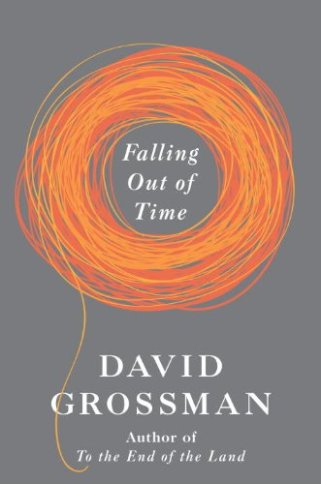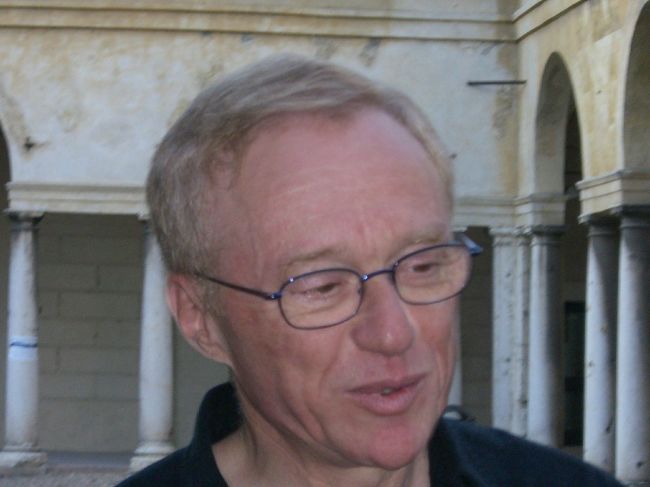
“As moving as are each of these expressions of grief the cumulative effect of Falling Out of Time‘s nearly 200 pages is even more powerful. It certainly conveys bereaved parents’ pain to readers who have not suffered that loss and may help some mourning parents work through their grief, though others may feel it reopens emotional wounds.” -- from
my New York Journal of Books review of David Grossman's new multi-genre book.
Additional remarks that appeared in a different and now defunct publication begin with the next paragraph.
Israeli books: David Grossman describes losing a child in Falling Out of Time
For most of human history and pre-history childhood mortality was a fact of life, and couples had many children in the hope that at least some of them would live long enough to become adults. As recently as the Nineteenth Century many if not most adults survived the loss of one or more siblings who had succumbed to childhood illnesses, and parents losing children to those illnesses was quite common. The desire to reconnect with lost loved ones made surviving relatives vulnerable to charlatans posing as spiritualists.
Only since the Twentieth Century has medical science advanced to the point where parents could realistically expect all their children to reach adulthood, an expectation that has resulted in parents choosing to have fewer children and which perhaps makes the loss of a child all the more painful. It is that particularly poignant pain that Israeli writer David Grossman (one of whose sons died in combat in Israel's 2006 war against Hezbollah) captures in his new book Falling Out of Time which will be published tomorrow by New York based publisher Knopf.
Part poetry, part prose, and part play, the characters in Falling Out of Time address their dead children and share their grief with one another. In my New York Journal of Books review of the book I write:
“As moving as are each of these expressions of grief the cumulative effect of Falling Out of Time‘s nearly 200 pages is even more powerful. It certainly conveys bereaved parents’ pain to readers who have not suffered that loss and may help some mourning parents work through their grief, though others may feel it reopens emotional wounds.”
For a fuller discussion of the book see my NYJB review.

David Grossman


No comments:
Post a Comment